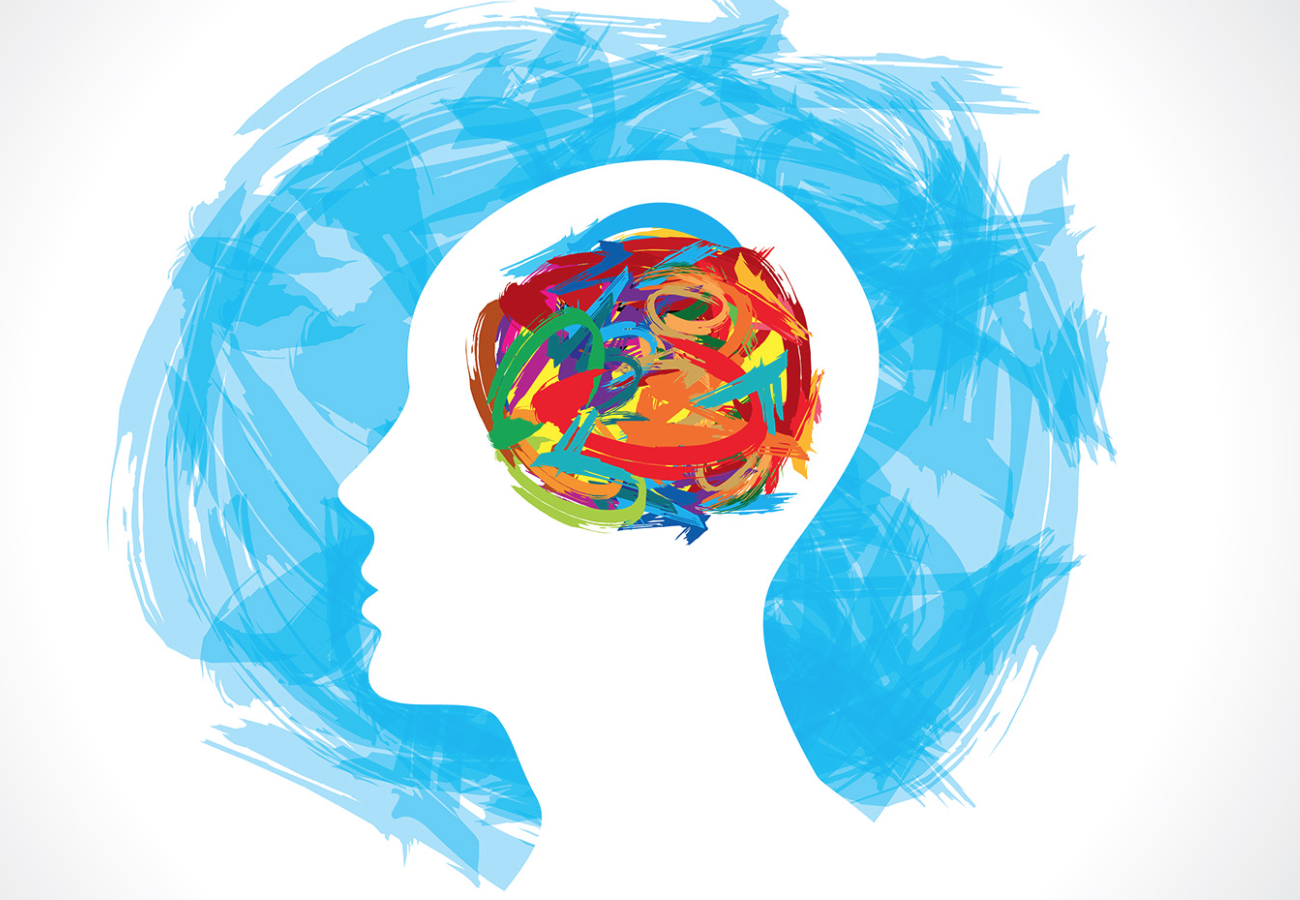

Muscat: As the world observed the World Mental Health Day it was definitely different from the previous years as the world collectively has been going through challenges that have been impacting mental well-being of individuals throughout the year 2020.
Anxiety and panic have been in the forefront.
Researchers at Sultan Qaboos University Hospital have been conducting study on this subject looking at prevalence of anxiety and depression among people in Oman during the COVID-19 pandemic.
“The main objective of the research is to make estimation on the number of people who have been affected by symptoms of anxiety and depression during COVID-19 and to see if there are any possible risk factors that made certain people more likely to develop these mental health issues,” explained Dr Hamad al Sinawi, Senior Consultant Psychiatrist, Sultan Qaboos University Hospital.
The study was conducted by a group of psychiatrists and psychologists and it was divided into two parts. The first part included the assessment of the level of anxiety and depression among the general public both Omanis and non-Omanis.
“The questionnaire was prepared by the study team and through social media to the public. By the end of the study period a total of 1,580 people participated including Omanis and non-Omanis from the age group — 18 and above. Initial results showed that 30 per cent of the study sample had some level of anxiety and depression and out of this 75 per cent were women. People who have had previous mental health problems in addition to people with financial difficulties are more at risk in developing mental health problems,” pointed out Dr Hamed.
The people who took part in the survey also had benefits as the second part of the study included inviting people who scored high in the previous part while participating in clinical study — one group was invited to have therapy weekly sessions led by psychotherapists on Zoom while another group was supported by providing information on exercises to cope with anxiety and depression via email. At the end of six weeks both groups were compared for the level of anxiety and depression.
“The analysis showed that people who were given psychotherapy sessions by trained psychologists online did significantly better in terms of depression and they reported that they found the intervention very helpful,” noted Dr Hamed.
Most of the participants were worried about being infected by the virus, others were worried about their studies being interrupted, and students who were abroad studying had come back were worried about going back, uncertainty about the future.
“Some of our members of the sample group were health workers and they were worried about catching illness and carrying it home and passing it onto their kids, family members and elders. Some of them were burned out because of the long hours and the nature of the work and seeing people dying. It is an unprecedented time so this was the common theme,” he said.
After the six weeks of study the researchers are writing their findings to be published in a scientific journal.
Oman Observer is now on the WhatsApp channel. Click here



